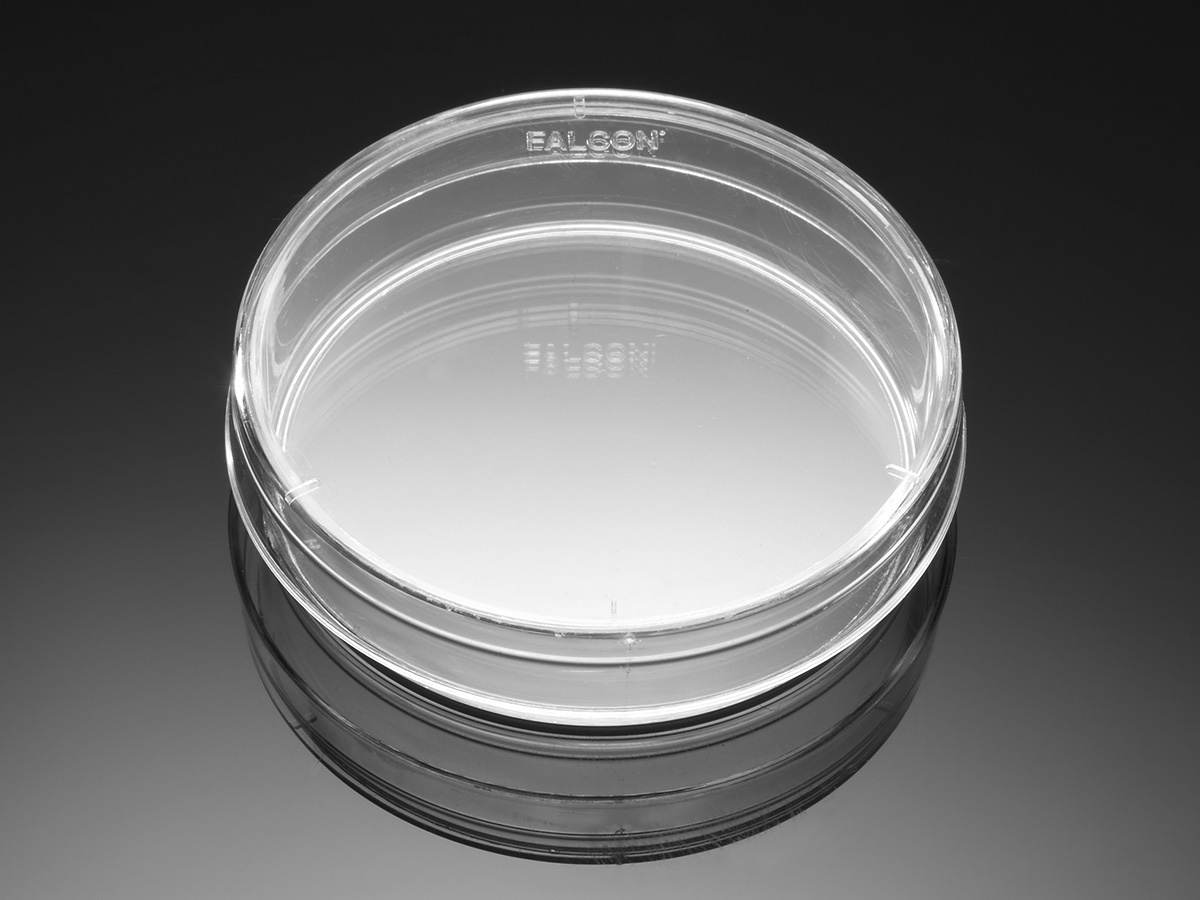Poly-D-Lysine (PDL) and Poly-L-Lysine (PLL) are synthetic compounds that enhance cell adhesion and protein absorption by altering surface charges on the culture substrate. In addition to promoting cell adhesion, poly-lysine surface treatments support neurite outgrowth and improve the survival of many central nervous system (CNS) primary cells in culture. As PDL and PLL are synthetic molecules, they do not stimulate biological activity in the cells cultured on them, and they do not introduce impurities carried by natural polymers.
Applications include:
- Attachment and spreading of a variety of cell types
- Cell differentiation and neurite outgrowth
- Attachment of fastidious transfected cell lines
- Support survival of primary neurons in culture
- Serum-free or reduced-serum culture
Source
- PDL, synthetic (MW 75-150 kD)
- PLL, synthetic (MW 30-70 kD)
Quality Control
- Tested for ability to promote firm attachment of RCG cells
- Tested and found negative for bacteria and fungi
Storage



